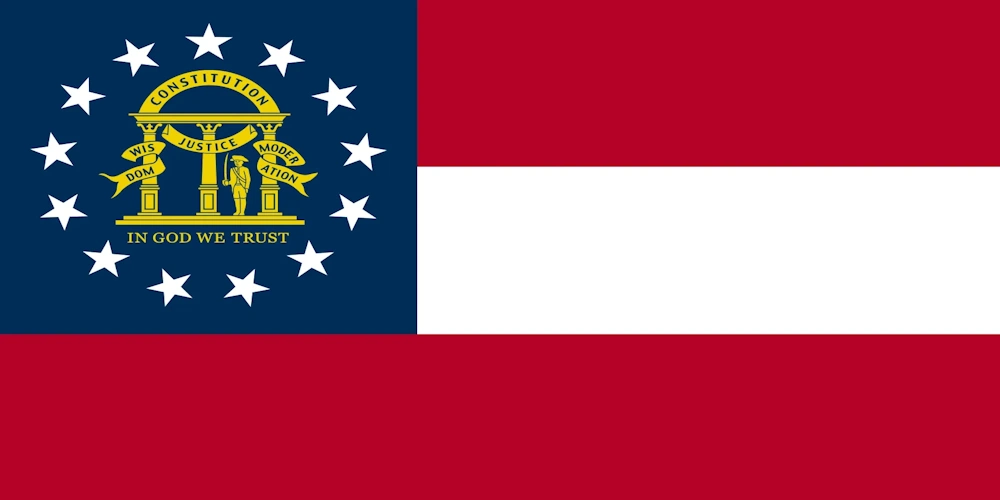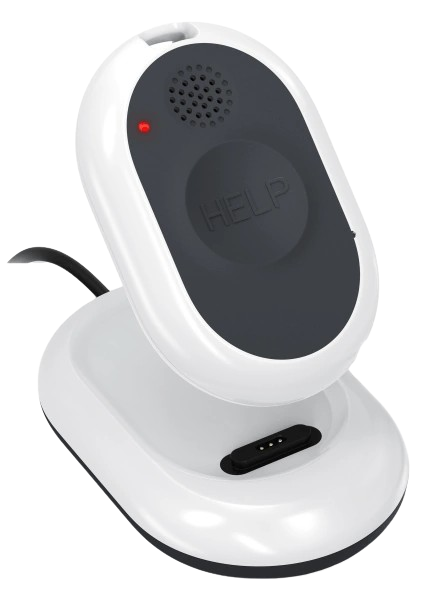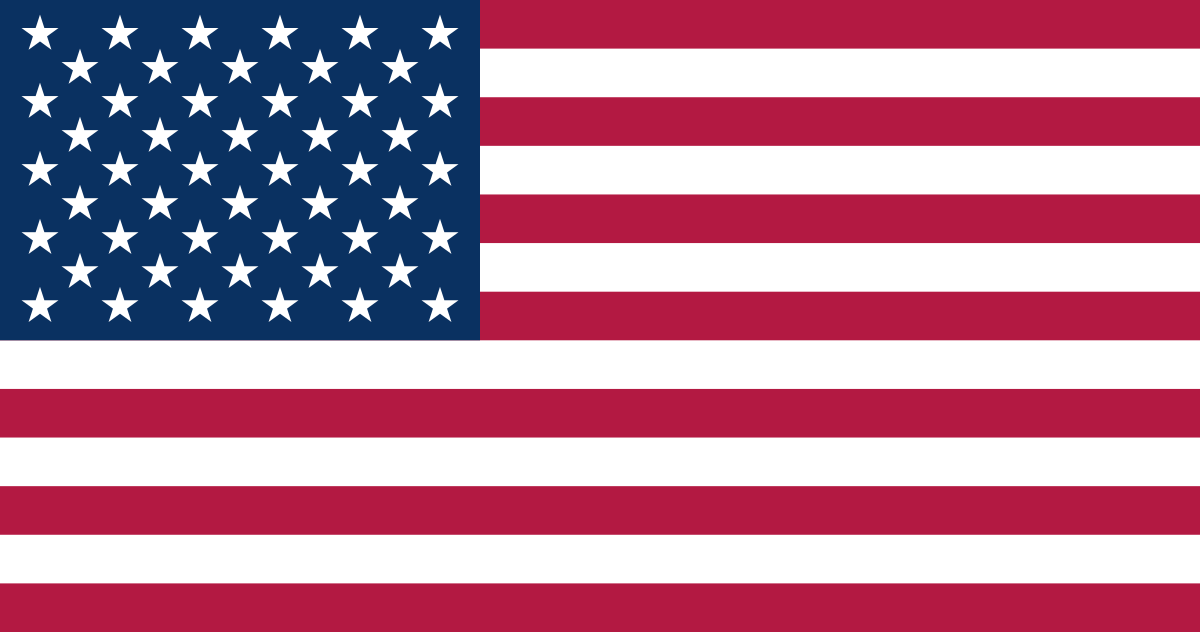Across Georgia’s diverse industries—from healthcare and transportation to agriculture and manufacturing—many employees perform their duties in isolation. These lone workers may operate in rural areas, after hours, or in high-risk environments where they do not have direct supervision or immediate assistance. While Georgia does not administer its own occupational safety program, all employers must comply with federal OSHA standards.
This guide outlines what Georgia employers need to know about protecting lone workers and creating safer working conditions.
On This Page
Our Guide To Lone Worker Safety Policy And Legislation In Georgia
Georgia is a federal OSHA state, which means the Occupational Safety and Health Administration (OSHA) regulates workplace safety across both private and most public sector workplaces. Although OSHA does not have a regulation solely focused on lone workers, it requires employers to provide a safe work environment under the General Duty Clause of the Occupational Safety and Health Act.
In practice, this means employers must evaluate the risks involved in lone working and implement appropriate procedures and tools to protect their employees from foreseeable dangers, such as health emergencies, physical assaults, or environmental hazards.
How Georgia Defines A Lone Worker
There is no legal definition of a “lone worker” in Georgia’s laws or federal OSHA regulations. However, the term generally refers to any employee who performs job tasks without direct supervision or coworkers nearby, making it difficult to get help in case of an emergency.
In Georgia, lone workers are commonly found in roles such as:
- Home healthcare aides and hospice professionals
- Field service technicians and utility workers
- Night shift cleaning and security personnel
- Delivery drivers and mobile service providers
- Agricultural and farm workers in remote areas
- Construction or maintenance staff on large or dispersed sites
Because these workers are vulnerable to delayed response during critical incidents, employers must establish systems to reduce risks and ensure timely support.
Employing A Lone Worker In Georgia
Employers in Georgia are legally responsible for ensuring workplace safety, including for those who work alone. While lone workers may not be specifically regulated, OSHA expects employers to recognize the inherent risks of isolated work and take reasonable steps to address them.
Recommended practices include:
- Performing Risk Assessments: Review each job and location to identify specific risks related to working alone.
- Establishing Contact Systems : Maintain consistent communication through scheduled check-ins, mobile apps, or two-way radios.
- Emergency Preparedness: Ensure lone workers have a clear plan of action and quick access to help during emergencies.
- Employee Training: Provide training on hazard awareness, emergency response, and proper use of communication tools.
- Implementing Safety Technology: Use GPS-enabled safety apps, panic buttons, or fall detection systems to monitor workers in real time.
These steps not only reduce the chance of harm but also demonstrate an employer’s commitment to compliance and worker welfare.
Learn How You Can Protect Your Employees With Loneworker.com

With Loneworker.com you can be equipped with the knowledge and the means to protect your employees and protect your business. Contact us today to learn more about how Loneworker.com can protect you and your employees.
How The Safe Lone Worker App Can Protect Georgia Lone Workers And Employers
Employers in Georgia can improve lone worker safety through tools like the Safe Lone Worker app, which offers features such as live GPS tracking, timed check-ins, emergency panic alerts, and fall detection. These features are vital in ensuring that workers who operate independently are never truly alone—help can be dispatched instantly if needed.
The app is ideal for Georgia’s wide range of industries and geographic settings, from dense urban areas like Atlanta to remote agricultural regions. It also helps employers comply with OSHA expectations for hazard mitigation and workplace monitoring.
Georgia Lone Worker Policies
Georgia does not operate its own occupational safety and health plan and is regulated under federal OSHA. While there is no lone worker-specific regulation, the General Duty Clause of the Occupational Safety and Health Act requires all employers to furnish a workplace free from recognized hazards.
Employers should consult the OSHA website for the latest guidance and ensure their safety programs are up to date. This content is for general informational purposes and should not replace professional legal or regulatory advice.
Georgia Lone Worker Resources
OHS Contact Centre
- 1-866-415-8690
CDC / NIOSH
- 800-232-4636

Affordable Monitoring For Lone Workers In Georgia

-
 Monitoring Your Employees' Safety
Monitoring Your Employees' Safety
-
 GPS Tracking And Monitoring
GPS Tracking And Monitoring
-
 Man Down Panic Alerts
Man Down Panic Alerts
-
 24/7 Protection Anywhere
24/7 Protection Anywhere
Lone Worker Legislation
Lone Worker Safety Policies And Legislation By State
-
 Alabama State Safety Policies And Legislation
Alabama State Safety Policies And Legislation
-
 Alaska State Safety Policies And Legislation
Alaska State Safety Policies And Legislation
-
 Arizona State Safety Policies And Legislation
Arizona State Safety Policies And Legislation
-
 Arkansas State Safety Policies And Legislation
Arkansas State Safety Policies And Legislation
-
 California State Safety Policies And Legislation
California State Safety Policies And Legislation
-
 Colorado State Safety Policies And Legislation
Colorado State Safety Policies And Legislation
-
 Connecticut State Safety Policies And Legislation
Connecticut State Safety Policies And Legislation
-
 Delaware State Safety Policies And Legislation
Delaware State Safety Policies And Legislation
-
 Florida State Safety Policies And Legislation
Florida State Safety Policies And Legislation
-
 Georgia State Safety Policies And Legislation
Georgia State Safety Policies And Legislation
-
 Hawaii State Safety Policies And Legislation
Hawaii State Safety Policies And Legislation
-
 Idaho State Safety Policies And Legislation
Idaho State Safety Policies And Legislation
-
 Illinois State Safety Policies And Legislation
Illinois State Safety Policies And Legislation
-
 Indiana State Safety Policies And Legislation
Indiana State Safety Policies And Legislation
-
 Iowa State Safety Policies And Legislation
Iowa State Safety Policies And Legislation
-
 Kansas State Safety Policies And Legislation
Kansas State Safety Policies And Legislation
-
 Kentucky State Safety Policies And Legislation
Kentucky State Safety Policies And Legislation
-
 Louisiana State Safety Policies And Legislation
Louisiana State Safety Policies And Legislation







